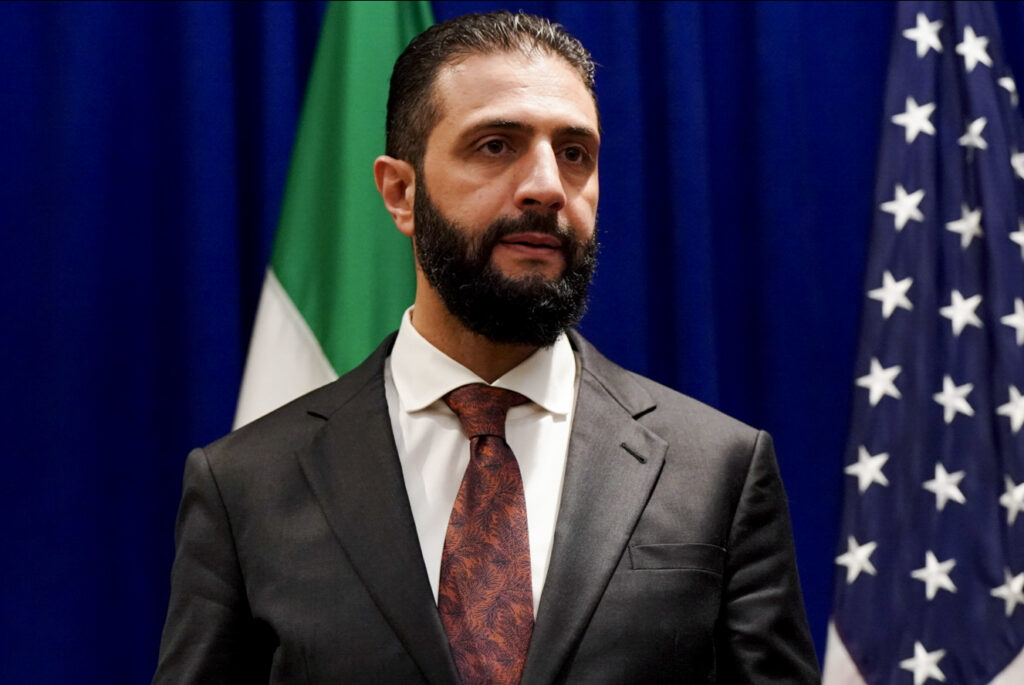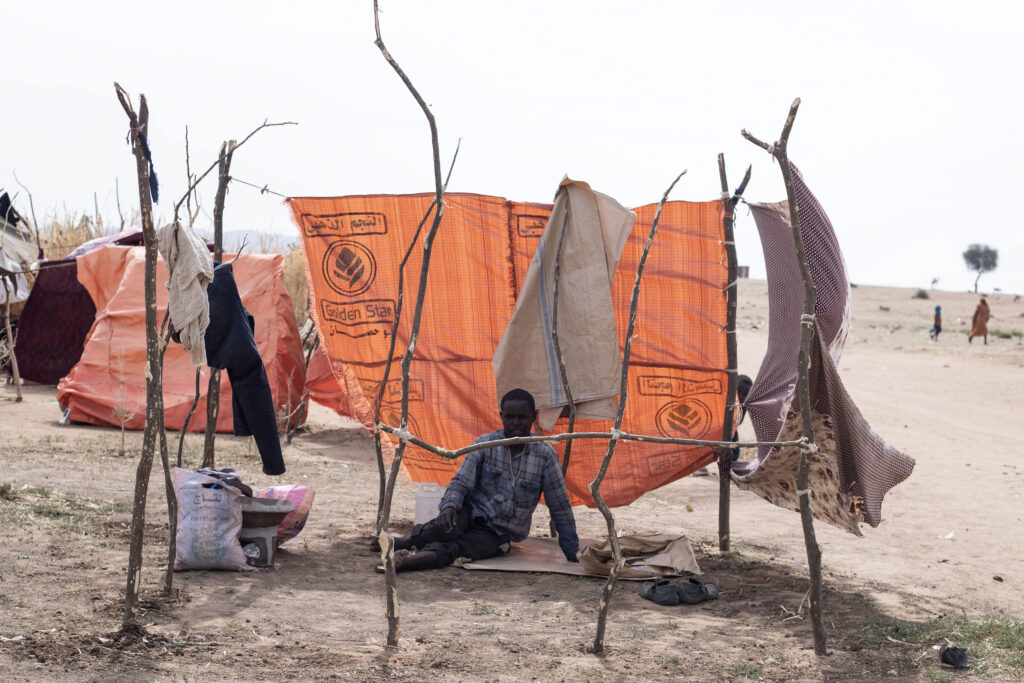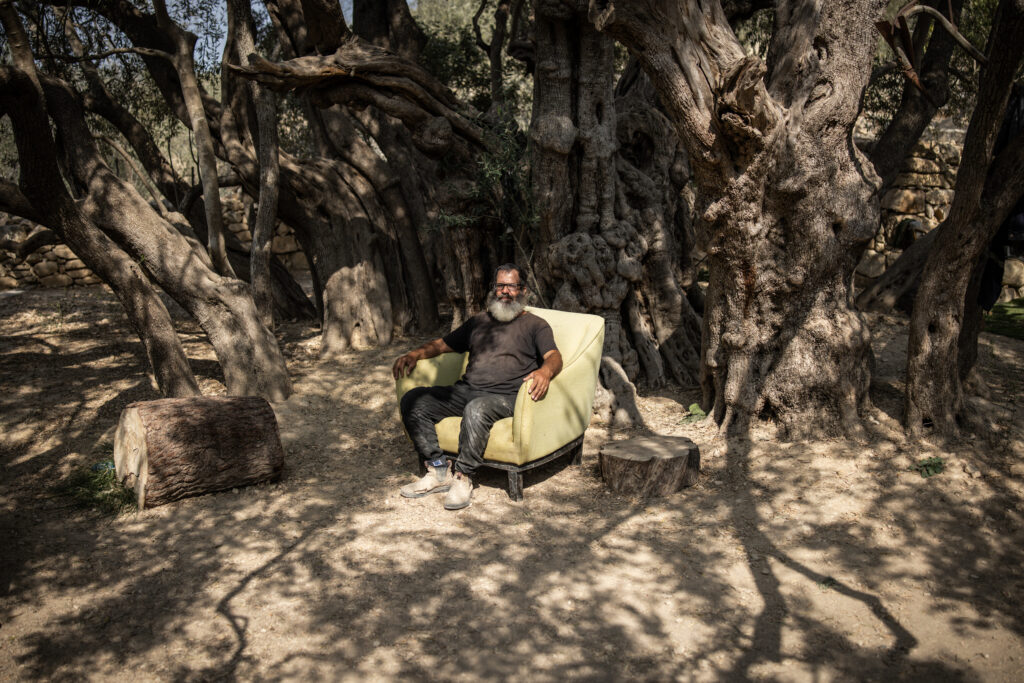AFP Asia Business
Fleetwood in tie for lead at halfway stage in Abu Dhabi
Tommy Fleetwood produced another strong round on Friday to head into the weekend at the Abu Dhabi Championship tied for the lead with fellow Englishman Aaron Rai.Fleetwood started his second round with three birdies in a row and carded seven in total, shooting a six-under 66 to climb to 14-under for the tournament.The two-time former winner and reigning FedEx Cup champion began the day in a five-way share of the lead but soon hit the front after catching up with early starter Nacho Elvira.Fleetwood’s lone bogey came at the 15th but he gained that stroke back on the next hole with a putt from 12 feet.”Really good day. I got off to the perfect start. Birdie, birdie, birdie,” said Fleetwood.”That was good, especially when you’ve had a good round the day before. They always say it’s hard to follow up a good round with another good one, or a low one with another one.”Fleetwood is level with Rai, who delivered the highlight of the day with an albatross at the par-five second hole.”I actually caught it a little bit clean off the face, the line was great. I think it probably pitched around the front edge and chased its way down there,” said Rai, who holed out from around 220 yards.”We couldn’t see it from back on the fairway, so it was a nice surprise.”Rai carried that momentum through his round and added five birdies to sign for an eight-under 64. “It was really good. Struck it really well tee-to-green. Had a lot of chances. Just felt very stress-free overall,” he said.Richard Sterne, Andy Sullivan and Nicolai Hojgaard are two shots behind at the head of the chasing pack.Shane Lowry, who matched Ryder Cup team-mate Fleetwood on Thursday, dropped off the pace with back-to-back bogeys to close out round two as he recorded a three-under 69.Rory McIlroy is six shots off the top as the Northern Irishman carded another four-under 68. Matt Fitzpatrick and Robert McIntyre are a further shot behind.
Former jihadist Syrian leader makes unprecedented White House visit
President Ahmed al-Sharaa will become Syria’s first leader to pay an official visit to the White House on Monday, a crowning achievement for the ex-jihadist who since taking power has ended his country’s isolation.Sharaa, whose rebel forces ousted longtime ruler Bashar al-Assad late last year, will meet President Donald Trump during the unprecedented visit.US envoy to Syria Tom Barrack said earlier this month that Sharaa will “hopefully” sign an agreement to join the international US-led alliance against the Islamic State (IS).The United States plans to establish a military base near Damascus “to coordinate humanitarian aid and observe developments between Syria and Israel”, a diplomatic source in Syria told AFP.Just days before the visit, the United Nations Security Council voted on Thursday to lift sanctions on Sharaa, who until now had needed a UN exemption for every trip abroad.The resolution was drafted by the US, whose ambassador to the UN Mike Waltz said Sharaa’s government was “working hard to fulfil its commitments on countering terrorism and narcotics”.In May, the interim leader met Trump for the first time in Riyadh during the US president’s regional tour.Formerly affiliated with Al-Qaeda, Sharaa’s group, Hayat Tahrir al-Sham (HTS), was delisted as a terrorist group by Washington as recently as July.Since taking power, Syria’s new leaders have sought to break from their violent past and present a moderate image more tolerable to ordinary Syrians and foreign powers.- ‘Big statement’ -Sharaa’s trip to Washington will be “the first in modern Syrian history for a Syrian president to the White House”, historian Sami Moubayed told AFP. It will also be Sharaa’s second visit to the United States after a landmark trip in September, where he became the first Syrian president in decades to address the UN General Assembly.”Sharaa’s visit to the White House is a declaration of a new chapter in US policy on the Middle East,” said Nick Heras, an analyst at the New Lines Institute for Strategy and Policy.”Trump is bringing Sharaa to the White House to make a big statement that Sharaa is not a terrorist anymore,” he said. “The Trump team sees Sharaa as a pragmatic, and importantly pliable, leader who under American and Saudi guidance will secure Syria as a strategic bulwark in the region for decades to come.”Sharaa for his part is expected to seek funds for Syria. “Sharaa wants Trump’s blessing to unlock billions of dollars… both to kickstart the rehabilitation of Syria and to cement his control over the country indefinitely,” Heras said. Reconstruction is one of the most significant challenges facing Syria’s new Islamist authorities after 13 long years of brutal civil war.In October, the World Bank put a “conservative best estimate” of the cost of rebuilding Syria at $216 billion. – ‘Israeli influence’ -A diplomatic source in Syria told AFP that the United States “intends to establish a military base at the Mazzeh military airport near Damascus to coordinate humanitarian aid and observe developments between Syria and Israel”.Another Syrian diplomatic source said “the question of Syria joining the anti-jihadist coalition will be at the top of the agenda” for the White House meeting.The majority of US troops deployed in Syria are based in areas controlled by Kurdish forces in the north-east.The Kurdish-led Syrian Democratic Forces (SDF) played a vital role in the fight against the Islamic State group in Syria, which ultimately led to the jihadist organisation’s territorial defeat in the country in 2019.The SDF are currently negotiating their integration into Syria’s military. Trump and Sharaa will also discuss the direct negotiations that Syria and Israel, which remain technically at war, opened after Assad’s overthrow. Trump has expressed hope that Syria will join other Arab countries that have normalised ties with Israel under the so-called Abraham Accords.In September, Sharaa said he hoped for a security deal to ease tensions with Israel but played down the prospect of recognition.Since December, Israel has deployed troops in a UN-patrolled buffer zone that separates the countries’ forces and has launched hundreds of strikes in Syria. Damascus has not retaliated.For Heras, “Trump’s vision for Syria includes significant Israeli influence over a strategic swath of the country for years to come”.
No end to Sudan fighting despite RSF paramilitaries backing truce plan
An end to fighting in Sudan still seems far off despite the paramilitary Rapid Support Forces, fighting the army for more than two years, endorsing a truce proposal.The government, backed by the army, has yet to respond to US-led international mediators, and explosions rocked the army-controlled capital Khartoum on Friday.Experts express doubt about whether the RSF is truly ready to implement a truce, and warn it is in fact preparing an offensive to capture city of el-Obeid in the south.But the conflict may nevertheless be at a turning point.Fighting has raged since April 2023, pitting the forces of army chief Abdel Fattah al-Burhan against those of his former deputy, RSF commander Mohammed Hamdan Daglo.The United Arab Emirates is accused by the United Nations of supplying arms to the RSF, allegations it has repeatedly denied.The Sudanese army, meanwhile, has received support from Egypt, Saudi Arabia, Turkey and Iran, according to observers.Now, the United States, Saudi Arabia, the United Arab Emirates and Egypt are backing a proposed ceasefire.Here is what we know after two years and almost seven months of a war that has killed tens of thousands, displaced nearly 12 million and triggered a hunger crisis:- RSF victory in Darfur -Less than two weeks ago the RSF captured El-Fasher, the army’s last major stronghold in western Darfur.The takeover was accompanied by reports of mass killings, sexual violence and looting, triggering international condemnation.There are now fears of further atrocities as the conflict shifts east toward Khartoum and the oil-rich Kordofan region.Under international pressure, the RSF now says it is ready to consider a ceasefire, but the army has not responded and observers are unconvinced.”Its only intent is to distract from the atrocities it is currently committing in El Fasher and position itself as more responsible than the army,” Cameron Hudson of the Washington-based Center for Strategic and International Studies told AFP.The army, he said, is now “focused on retaking all of Kordofan and then proceeding on to El-Fasher”.El-Fasher’s fall has given the paramilitaries control over all five state capitals in Darfur and parts of the south while the army now dominates northern, eastern and central areas along the Nile and Red Sea.”The RSF, now that they control all of Darfur, has an incentive to try to bring food and assistance into areas under their control, but the army has an incentive to not allow the RSF to consolidate its gains,” Hudson said.No details of the ceasefire proposal have been made public, but a senior Saudi official told AFP that it calls for a “three-month truce”, during which both sides would be encouraged to hold talks in Jeddah on a permanent peace deal.- New explosions -On Friday, one day after RSF responded positively to the ceasefire idea, explosions were heard in Khartoum and in Atbara, an army-held city around 300 kilometres (186 miles) north of Khartoum, according to witnesses who spoke to AFP. Khartoum has seen relative calm since the regular army regained control this year, but the RSF continues to mount attacks in several regions.A resident in Omdurman, part of the greater Khartoum area, told AFP on condition of anonymity out of fear of reprisal, he was awoken “around 2 am (0000 GMT) by the sound of … explosions near the Wadi Sayidna military base”.Another resident said they “heard a drone overhead around 4:00 am before an explosion struck near” a power station, causing an outage in the area.In Atbara a resident saw several drones before dawn on Friday.”Anti-aircraft defences shot them down, but I saw fires breaking out and heard sounds of explosions in the east of the city,” the resident said, also on condition of anonymity.There were no immediate reports of casualties. Neither the army nor the RSF commented on the blasts, though the RSF has been using long-range drones to strike army-held areas since it lost control of the capital.- Fighting in Kordofan -In the south, the Sudan Doctors’ Union accused the RSF of shelling a hospital in the besieged city of Dilling in South Kordofan on Thursday morning, wounding several people.In a statement, the union said that the shelling “destroyed the hospital’s radiology and medical imaging department”, crippling one of the region’s vital health facilities.Dilling has been under RSF siege since June 2023. It lies around 150 kilometres (93 miles) southwest of El-Obeid, the capital of North Kordofan — a key crossroads linking Darfur to Khartoum. – Famine and oil -Independent verification remains difficult due to heavy fighting and communications blackouts in the area, but Dilling faces a severe humanitarian crisis.According to the Rome-based Integrated Food Security Phase Classification (IPC), the city is now at risk of famine, while the state capital, Kadugli, is already facing one. Famine has also been confirmed in Darfur’s El-Fasher and three nearby displacement camps. Last year, the IPC also declared famine in parts of South Kordofan’s Nuba Mountains. South Kordofan, which borders South Sudan, is one of Sudan’s most resource-rich areas and home to the Heglig oil field, among the country’s largest.
West Bank’s ancient olive tree a ‘symbol of Palestinian endurance’
As guardian of the occupied West Bank’s oldest olive tree, Salah Abu Ali prunes its branches and gathers its fruit even as violence plagues the Palestinian territory during this year’s harvest.”This is no ordinary tree. We’re talking about history, about civilisation, about a symbol,” the 52-year-old said proudly, smiling behind his thick beard in the village of Al-Walajah, south of Jerusalem.Abu Ali said experts had estimated the tree to be between 3,000 and 5,500 years old. It has endured millennia of drought and war in this parched land scarred by conflict.Around the tree’s vast trunk and its dozen offshoots — some named after his family members — Abu Ali has cultivated a small oasis of calm.A few steps away, the Israeli separation wall cutting off the West Bank stands five metres (16 feet) high, crowned with razor wire.More than half of Al-Walajah’s original land now lies on the far side of the Israeli security wall.Yet so far the village has been spared the settler assaults that have marred this year’s olive harvest, leaving many Palestinians injured.Israel has occupied the West Bank since 1967, and some of the 500,000 Israelis living in the Palestinian territory have attacked farmers trying to access their trees almost every day this year since the season began in mid-October.The Palestinian Authority’s Colonisation and Wall Resistance Commission, based in Ramallah, documented 2,350 such attacks in the West Bank in October.- ‘Rooted in this land’ -Almost none of the perpetrators have been held to account by the Israeli authorities.Israeli forces often disperse Palestinians with tear gas or block access to their own land, AFP journalists witnessed on several occasions.But in Al-Walajah for now, Abu Ali is free to care for the tree. In a good year, he said, it can yield from 500 to 600 kilograms (1,100 to 1,300 pounds) of olives.This year, low rainfall led to slim pickings in the West Bank, including for the tree whose many nicknames include the Elder, the Bedouin Tree and Mother of Olives.”It has become a symbol of Palestinian endurance. The olive tree represents the Palestinian people themselves, rooted in this land for thousands of years,” said Al-Walajah mayor Khader Al-Araj.The Palestinian Authority’s agriculture ministry even recognised the tree as a Palestinian natural landmark and appointed Abu Ali as its official caretaker. Most olive trees reach about three metres in height when mature. This one towers above the rest, its main trunk nearly two metres wide, flanked by a dozen offshoots as large as regular olive trees.- ‘Green gold’ -“The oil from this tree is exceptional. The older the tree, the richer the oil,” said Abu Ali.He noted that the precious resource, which he called “green gold”, costs four to five times more than regular oil.Tourists once came in droves to see the tree, but numbers have dwindled since the start of the war in Gaza in October 2023, Abu Ali said, with checkpoints tightening across the West Bank.The village of Al-Walajah is not fully immune from the issues facing other West Bank communities.In 1949, after the creation of Israel, a large portion of the village’s land was taken, and many Palestinian families had to leave their homes to settle on the other side of the so-called armistice line.After Israel’s 1967 occupation, most of what remained was designated Area C — under full Israeli control — under the 1993 Oslo Accords, which were meant to lead to peace between Palestinians and Israelis.But the designation left many homes facing demolition orders for lacking Israeli permits, a common problem in Area C, which covers 66 percent of the West Bank.”Today, Al-Walajah embodies almost every Israeli policy in the West Bank: settlements, the wall, home demolitions, land confiscations and closures,” mayor Al-Araj told AFP.For now, Abu Ali continues to nurture the tree. He plants herbs and fruit trees around it, and keeps a guest book with messages from visitors in dozens of languages.”I’ve become part of the tree. I can’t live without it,” he said.




